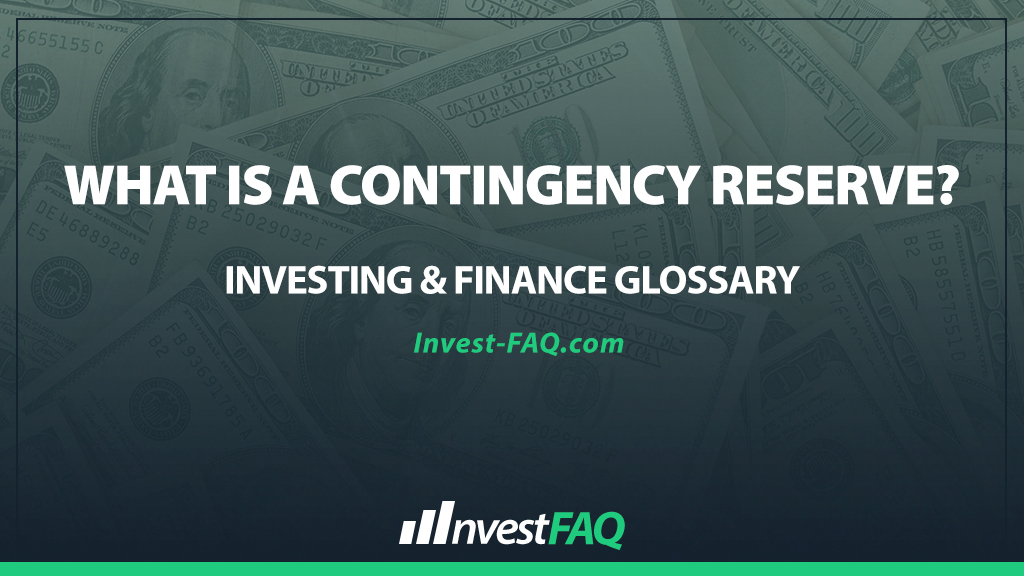
Contingent Asset
Contents
A contingent asset is a potential asset that may arise due to an uncertain event that is not entirely within the control of the company. Its recognition in financial statements depends on the likelihood of the event occurring and the subsequent inflow of economic benefits to the company.
In business, contingent assets represent potential future benefits that hinge on specific outcomes or conditions.
These are not recognized in financial statements until it is virtually certain that the benefits will materialize, ensuring that financial reports remain conservative and realistic.
However, they are often disclosed in the notes to the financial statements when their inclusion provides valuable information to users about possible future gains.
Example of a Contingent Asset
“Pharma Innovate Inc.,” a pharmaceutical company, has filed a patent application for a groundbreaking drug. If the patent is granted, it will significantly increase the company’s assets and future revenue. The patent application’s current status creates a contingent asset.
Event: Patent application approval
Potential Benefit: Exclusive rights to produce and sell a groundbreaking drug
Accounting Treatment: The contingent asset (patent rights) is not recognized on the balance sheet but is disclosed in the notes to the financial statements, explaining the nature of the contingent asset and its potential impact.
In this scenario, “Pharma Innovate Inc.” stands to gain significantly from the patent approval, but because the approval is uncertain and depends on the decisions of the patent office, it is treated as a contingent asset.
Accounting standards require that such assets are not recognized in the financial statements because their realization is not certain. However, disclosing the contingent asset in the notes to the financial statements provides transparency and informs stakeholders about potential future benefits that could positively impact the company’s financial position.
Significance for Investing & Finance
The concept of a contingent asset is significant in accounting for several reasons:
Prudence Principle: The treatment of contingent assets reflects the accounting principle of prudence, ensuring that financial statements do not overstate a company’s financial position by including assets that may not materialize.
Risk and Uncertainty Management: Recognizing and disclosing contingent assets helps manage financial risk and uncertainty, allowing stakeholders to make informed decisions based on potential future events that could affect the company.
Strategic Planning: Information about contingent assets can be crucial for strategic planning, offering insights into potential future resources that could be leveraged for growth and expansion.
Transparency and Disclosure: While contingent assets are not recognized on the balance sheet, their disclosure in the notes to the financial statements enhances transparency and provides a more comprehensive understanding of a company’s potential financial health.
In summary, a contingent asset is a potential asset whose recognition is contingent upon the occurrence of an uncertain future event.
In accounting, these assets are carefully evaluated for disclosure to ensure financial statements accurately reflect a company’s financial position, adhering to principles of conservatism and providing stakeholders with essential information for decision-making.
FAQ
What defines a contingent asset in accounting?
A contingent asset is a potential asset that may arise due to past events, whose existence will be confirmed only by the occurrence or non-occurrence of one or more uncertain future events not wholly within the control of the entity.
When can a contingent asset be recognized in financial statements?
A contingent asset is recognized in the financial statements when it is virtually certain that the inflow of economic benefits will occur, and the asset’s value can be measured reliably.
How does the recognition of a contingent asset differ from a contingent liability?
While a contingent asset is disclosed only when the inflow of benefits is virtually certain, a contingent liability is recognized when future outflow of resources embodying economic benefits is probable and the amount can be estimated reliably.
What impact does a contingent asset have on a company’s financial health?
The disclosure of a contingent asset in the notes to financial statements can positively impact a company’s financial health by indicating potential future gains, thus potentially enhancing the company’s valuation and financial outlook.
